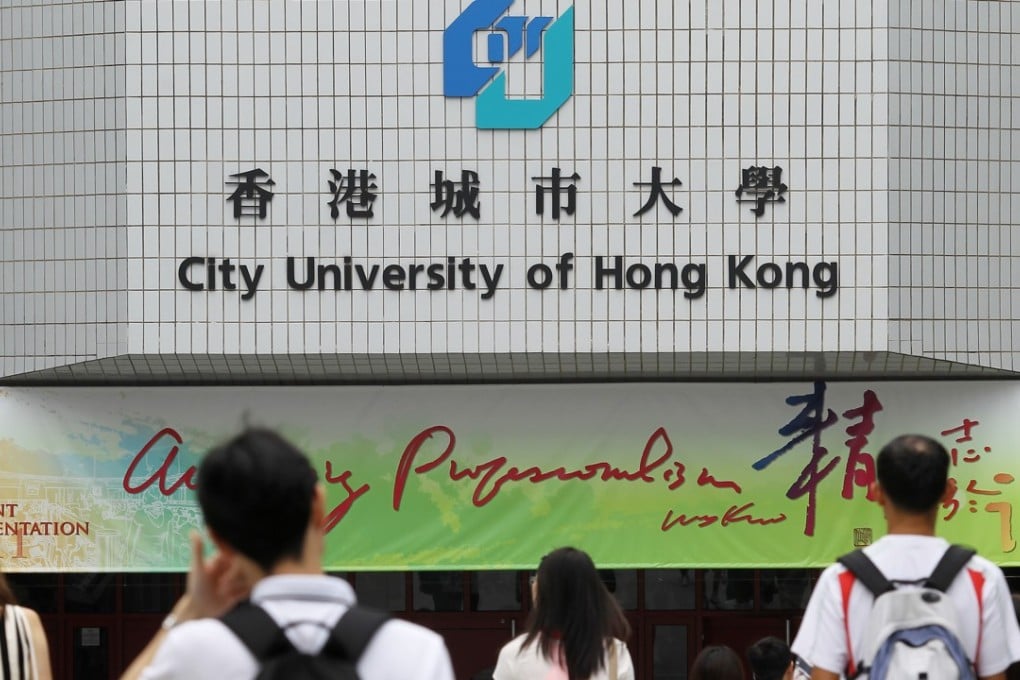‘Veterinary field not just about pet care’: Hong Kong university says government study fails to look at food safety, public health
The university, set to commence related course in the next academic year, says report only looked at numbers of pets and vets

A Hong Kong university set to offer a veterinary medicine course – the first of its kind in the city – has questioned a governmental study looking at the demand for veterinarians, saying the research estimated figures for only pet care without analysing other areas including food safety and public health.
The Veterinary Surgeons Board of Hong Kong released a report on the development of the profession in the city on Tuesday.
The study estimated about 726,900 pets, except fishes, would be kept in the coming three years, up 6.6 per cent from the figure in the past 12 months. But the number of registered vet surgeons is estimated to rise 19.5 per cent between last year and 2019 to 1,044.
The report also said the proportion of vets to pets was higher in Hong Kong, with ratios of 1:823 in 2005 and 1:735 in 2010, compared with 1:2,543 in Singapore, 1:2,374 in the UK and 1:3,072 in the US. The last three figures are from 2008.
About 60.8 per cent of vet clinics surveyed said they intended to hire more employees in the coming three years.